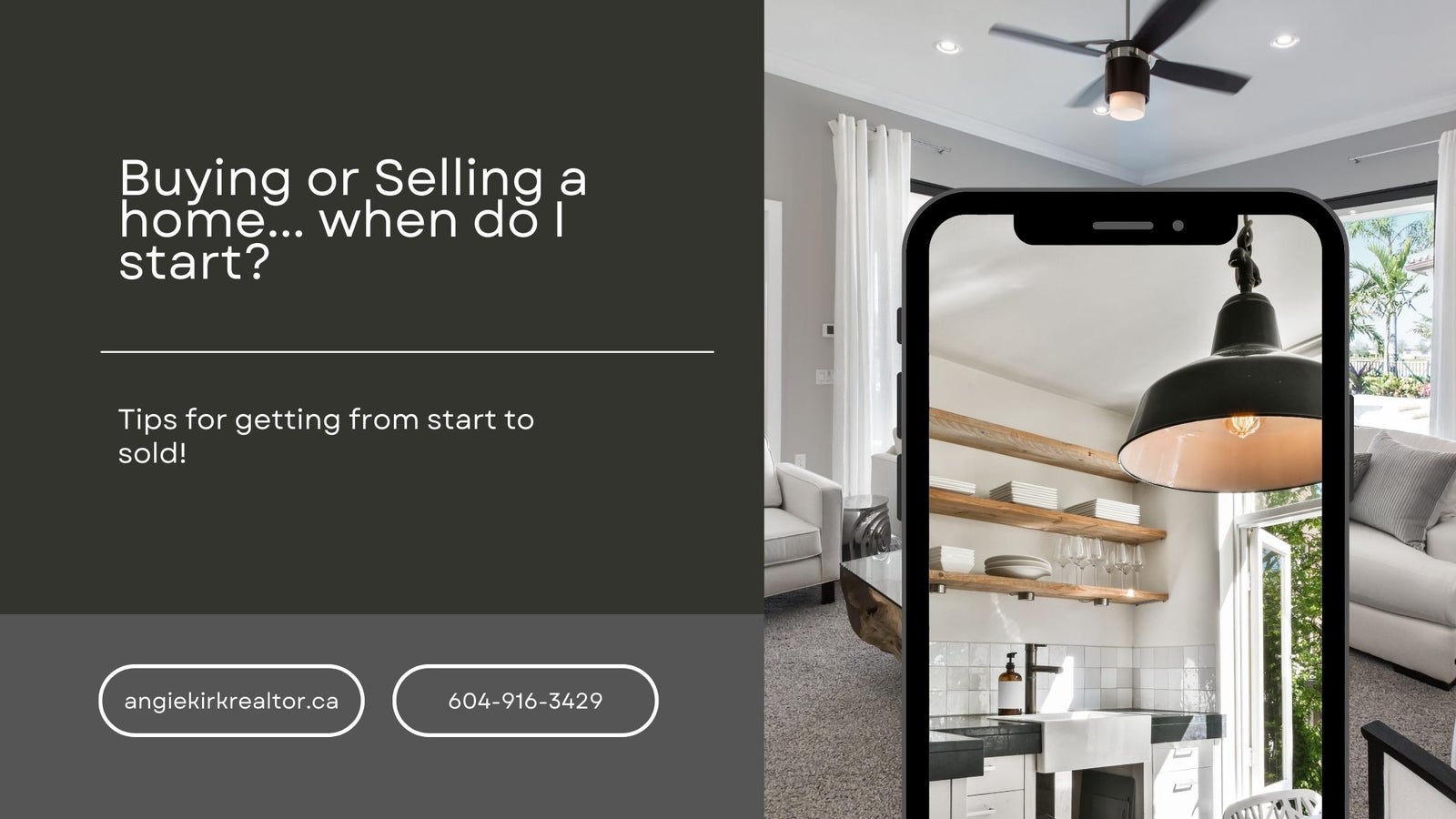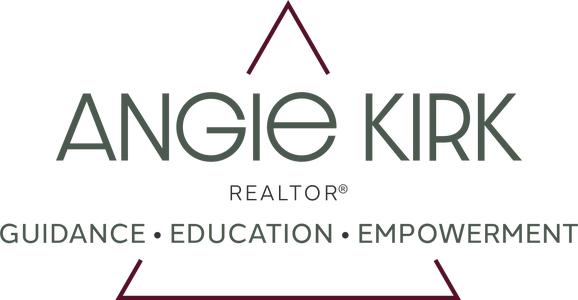
Entering the real estate market is a significant decision that requires preparation. Often, the initial steps begin weeks or even months in advance. Let’s break it down, starting with purchasing a home.
If your dream area doesn’t align with your budget, now is the time to evaluate whether you’re willing to make sacrifices or explore alternative locations.
Once pre-qualified, your mortgage interest rate is typically held for 90 days.
Commit to the Search
Searching for a home requires a time investment—a few weekends or evenings may need to be set aside. However, if you view this as an investment in your future, the process can be both rewarding and enjoyable :)
Timeline
The timeframe for buying a home can vary, but realistically, the entire process often takes 60-90 days. This includes budgeting, getting pre-approved, and finding your ideal home.
Your most important job as a seller is to prepare your home and keep it clean and presentable for the duration of the selling process. While it’s not an easy way to carry on with normal life in a staged property, a clean, well-maintained, and inviting home sells much faster. Trust me on this!
Declutter and Organize: Sorting through years of belongings can be time-consuming. Starting early reduces stress and gives you time to make thoughtful decisions about what to keep, donate, or discard.
Complete Repairs and Upgrades: Small fixes, like patching walls or updating light fixtures, can make a big difference. If larger renovations are needed, starting months in advance ensures they’re completed before listing.
Staging Your Home: Professional staging can take a few weeks to arrange, and starting early ensures your home is presented in the best possible light.
Starting these steps early helps reduce last-minute stress and ensures your home is truly ready to attract buyers.
By combining a well-prepared home with smart timing, you’ll maximize your chances of a quick and successful sale!
Purchasing a Home
Buying a home isn’t something you can simply decide and do overnight. The process begins well in advance to ensure you understand your budget, the size and type of home you want, and your desired location.Determine Your Budget
Budgeting is crucial, and the pre-approval process can take time depending on how organized you are with documentation like pay stubs, tax returns, and financial statements. Once a mortgage broker reviews your documents, they’ll provide you with an idea of how much you can spend. This figure might influence the neighborhoods you consider.If your dream area doesn’t align with your budget, now is the time to evaluate whether you’re willing to make sacrifices or explore alternative locations.
Once pre-qualified, your mortgage interest rate is typically held for 90 days.
This period is crucial for two reasons:
- It Maximizes Your Spending Power: If rates are rising, you’ll want to act quickly to secure the best deal.
- Market Dynamics: If rates are falling, home prices may rise, so it’s wise to act before prices increase further and the market runs away on you.
Commit to the Search
Searching for a home requires a time investment—a few weekends or evenings may need to be set aside. However, if you view this as an investment in your future, the process can be both rewarding and enjoyable :)
Timeline
The timeframe for buying a home can vary, but realistically, the entire process often takes 60-90 days. This includes budgeting, getting pre-approved, and finding your ideal home.
By starting early and staying organized, you’ll set yourself up for a smooth and successful home-buying journey.
On the selling side, there are several considerations for timing the listing of your home.
Selling a Home
On the selling side, there are several considerations for timing the listing of your home.
Is Your Home Ready to Sell?
The first step is assessing your home’s readiness. Do you have 30 years of clutter to sort through? Start there. If the idea of selling your home feels overwhelming because of the work involved in packing and moving once it's sold it can create an energetic block that affects the outcome.Your most important job as a seller is to prepare your home and keep it clean and presentable for the duration of the selling process. While it’s not an easy way to carry on with normal life in a staged property, a clean, well-maintained, and inviting home sells much faster. Trust me on this!
How Far in Advance Should You Start?
Preparing to sell your home doesn’t happen overnight. It’s ideal to start thinking about listing your home 3-6 months before you plan to go to market. This allows ample time to:Declutter and Organize: Sorting through years of belongings can be time-consuming. Starting early reduces stress and gives you time to make thoughtful decisions about what to keep, donate, or discard.
Complete Repairs and Upgrades: Small fixes, like patching walls or updating light fixtures, can make a big difference. If larger renovations are needed, starting months in advance ensures they’re completed before listing.
Staging Your Home: Professional staging can take a few weeks to arrange, and starting early ensures your home is presented in the best possible light.
Starting these steps early helps reduce last-minute stress and ensures your home is truly ready to attract buyers.
Understand the Market
Once your home is sparkling, organized, and ready for buyers, it’s time to evaluate the market. How much time is it currently taking for similar properties to sell? Understanding the average days on market and other local trends can help you decide when to list and what pricing strategy to use.By combining a well-prepared home with smart timing, you’ll maximize your chances of a quick and successful sale!
If you have questions about the process or would like to get started on the journey please reach out - I'd be happy to assist you.

